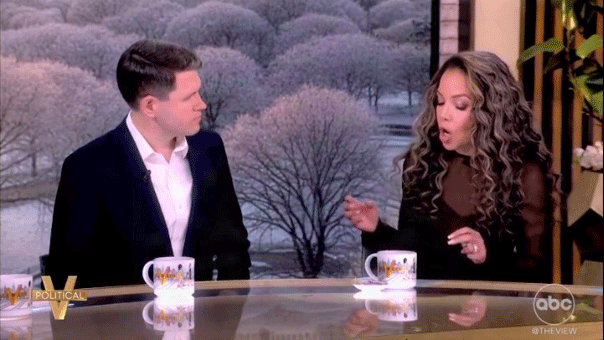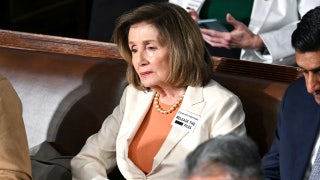Media top headlines July 26
In media news today, a CNN panel agrees that Hunter Biden's art sales are an ethics issue, Andrew Cuomo accuser Lindsey Boylan slams brother Chris and asks whether he 'also harassed and assaulted’ women, and NBC has a 33-year low viewership for Tokyo Olympics
The Wall Street Journal editorial board accused the media of "groupthink" in avoiding coverage of potential gain-of-function research at the Wuhan Institute of Virology because doing so might give credence to Sen. Rand Paul, R-Ky., and "the populist right."
Paul again sparred with White House medical adviser Dr. Anthony Fauci over COVID-19 origins at last week's Senate hearing, accusing Fauci of lying to Congress in previous meetings when he said that the National Institute for Allergy and Infectious Diseases (NIAID) had never funded gain-of-function research in China. Paul claimed on "Hannity" last week to have scientists who are "lined up by the dozens" to say the research Fauci's deaprtment was funding was indeed gain-of-function, which involves manipulating viruses to make them more infectious for research.
Following their latest public spat, Paul requested a Department of Justice investigation against Fauci.
"Mr. Paul, excitable as he may be, is a medical doctor who did his homework," the Wall Street Journal editors wrote on Sunday. "The Senator clearly sees a political benefit in hammering Dr. Fauci and China, but the celebrity scientist and his allies have obvious conflicts of interest."
Those conflicts of interest are obvious, the editors argued, because Fauci and all gain-of-function researchers "would suffer significant reputational damage and perhaps lose funding if scientific research they supported caused a pandemic."
The editorial board questioned Fauci's claim that the $600,000 the NIH gave to the WIV through a nonprofit over several years to study bat coronaviruses was "judged by qualified staff up and down the chain as not being gain-of-function," noting that many scientists believe the "government definition is too limited and can allow de facto gain-of-function research to bypass safety protocols."
The Wall Street Journal authors pivoted to hitting the media for underreporting Wuhan gain-of-function research, because, the editors mused, it may mean they're siding with Paul.
"Democrats and much of the media will avoid the topic because Mr. Paul and the populist right have taken up this cause," the Board wrote. "Such groupthink is what prevented the lab-leak theory from being treated seriously for more than a year. Making the same mistake twice is inexcusable."
In May, the Wall Street Journal released a bombshell report that three WIV researchers had developed COVID-like symptoms back in November 2019, a month before COVID-19 was first reported in Wuhan. Following that report, much of the media who had previously dismissed the lab leak theory as a conspiracy suddenly gave more credibility to the idea. The Washington Post was among the outlets who issued corrections to previous reports claiming that the theory had been "debunked." Media analysts charged that too many pundits had ignored the theory because it was being touted by conservatives like Sen. Tom Cotton, R-Ark. or by former President Donald Trump.
"I think a lot of people on the political left, and a lot of people in the media, made the mistake, they said, ‘wow if Tom Cotton is saying something, it can’t be true.' Or they assumed that. And that's not right," New York Times writer David Leonhardt said.
CLICK HERE TO GET THE FOX NEWS APP
The Wall Street Journal editors maintained that Congress should "thoroughly investigate" the process that led to the approval of money for the WIV and possible gain-of-function research and "debate limits on this kind of research in the U.S. and push for international standards."












































